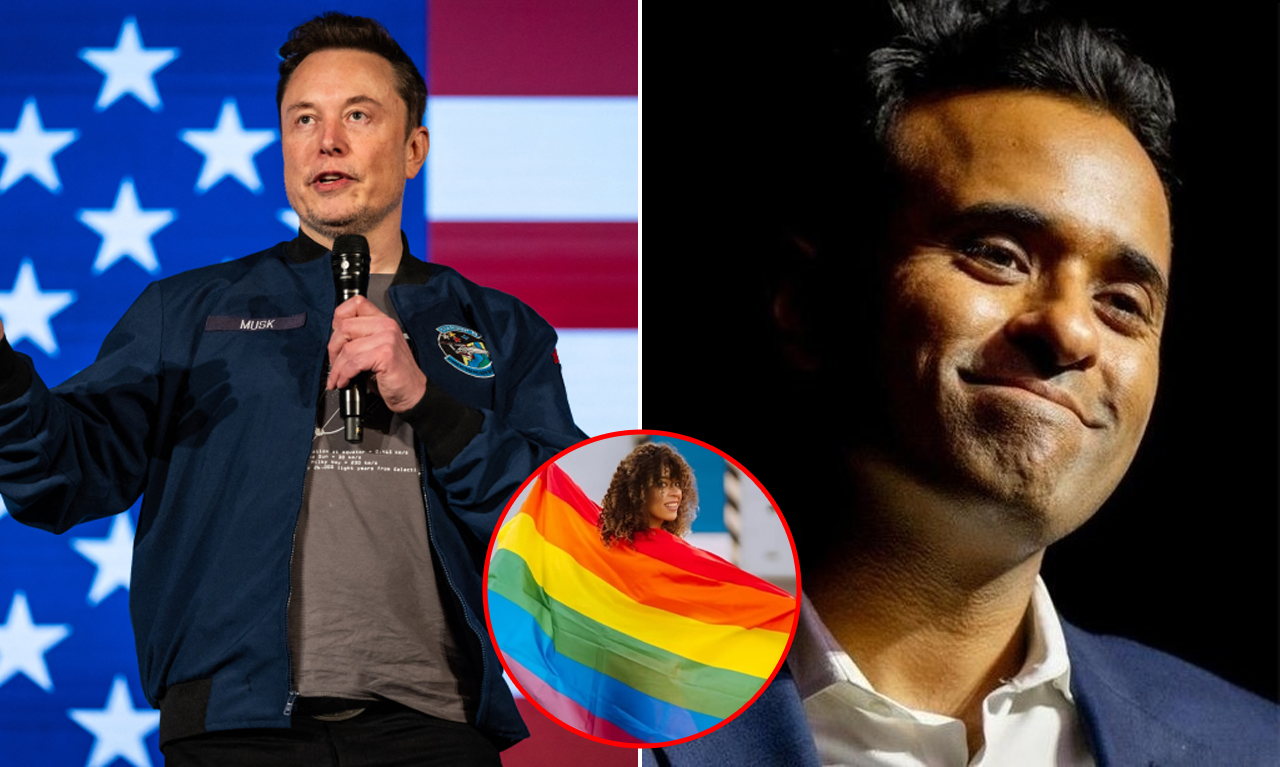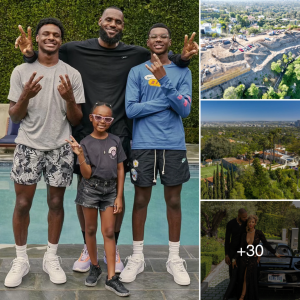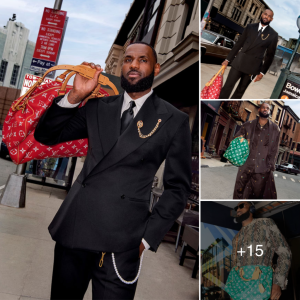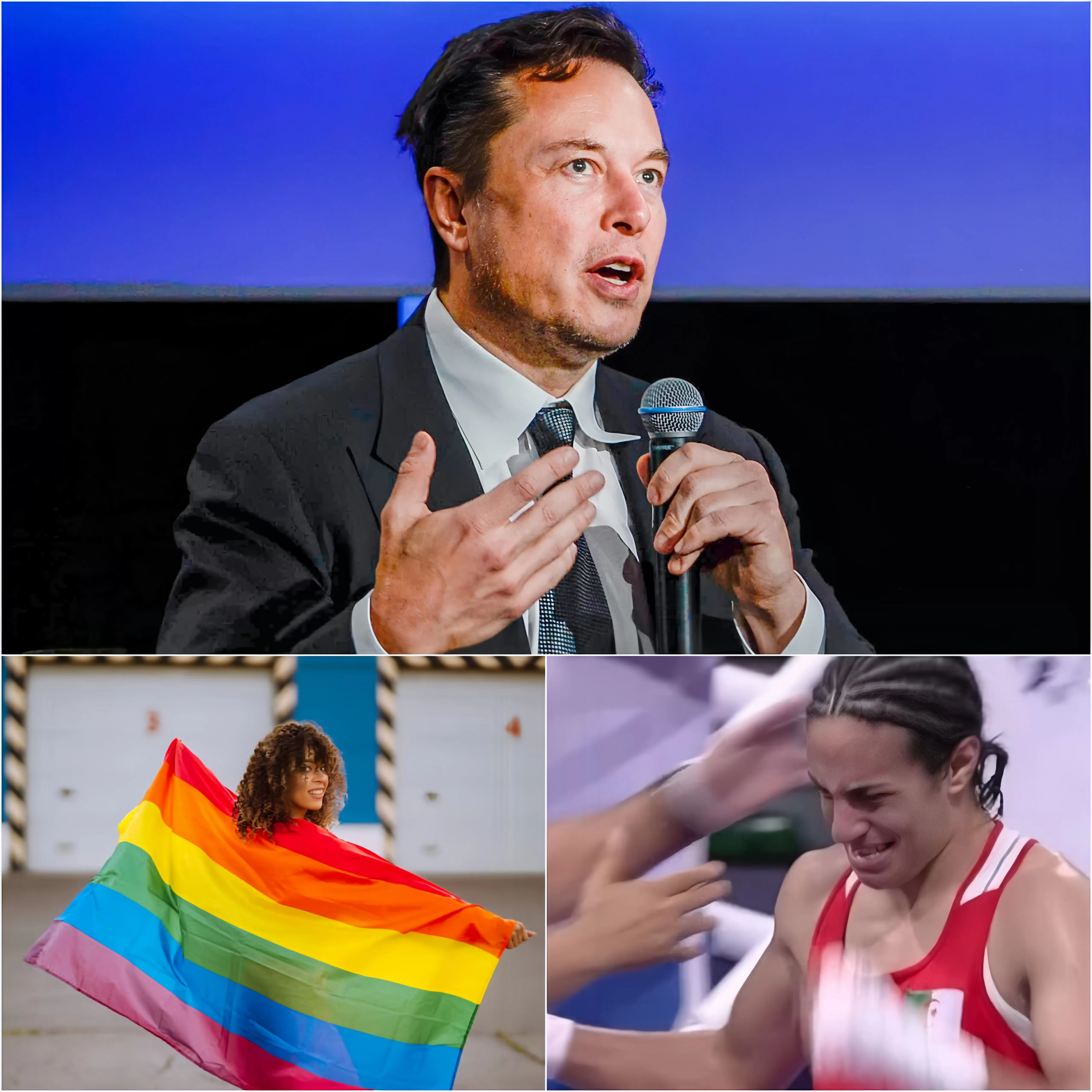
In a controversial statement that has ignited fierce debate across social media and political circles, Elon Musk, the billionaire CEO of SpaceX and Tesla, declared that pride flags should be banned in classrooms “forever.” This declaration came shortly after Musk’s widely discussed interaction with boxer Imane Khelif during the 2025 Olympics. Musk’s remarks have sparked outrage and support from various factions, showcasing his ongoing influence and polarizing presence in global conversations about social issues.
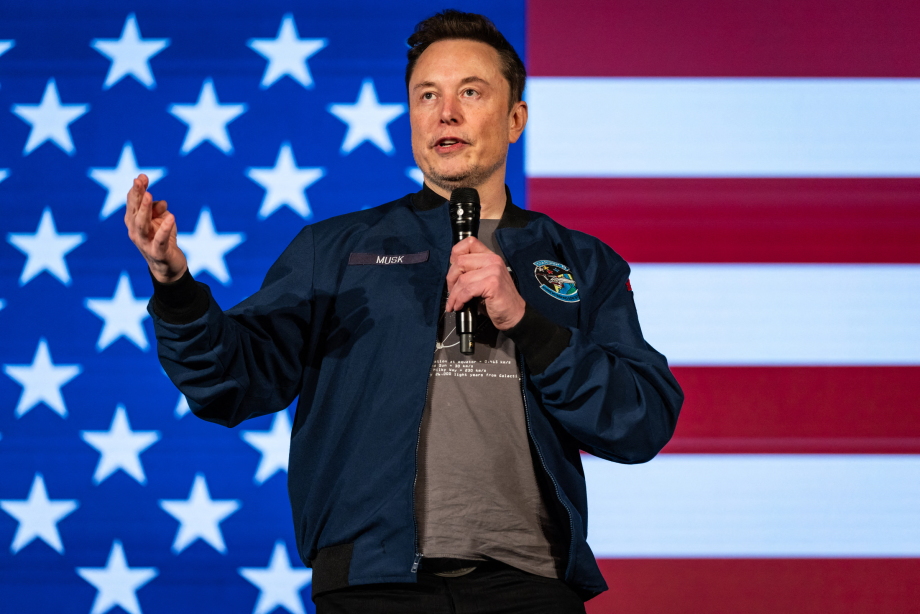
The 2025 Summer Olympics, held in Paris, were already an event of great significance. With numerous countries vying for gold medals and national pride, the games were set to shine a spotlight on athletes who not only demonstrated excellence in their respective sports but also became symbols of resilience and perseverance. Among the standout athletes was Imane Khelif, a rising star in the boxing world and a fierce advocate for LGBTQ+ rights.

During a highly anticipated match, Khelif was seen wearing a rainbow-colored pride flag pin as part of her support for LGBTQ+ rights, a gesture of solidarity with the community. However, the focus shifted from Khelif’s athletic prowess to an incident that occurred just outside the boxing ring. Elon Musk, who was present at the event as part of his private interest in international sports, was reportedly seen snubbing Khelif after her victory, ignoring her attempt at a handshake.
The moment was caught on camera and quickly went viral. While some speculated that Musk’s behavior was simply a result of a busy schedule or personal preferences, the timing and context of the incident sparked widespread backlash. Critics accused Musk of intentionally avoiding Khelif due to her public stance on LGBTQ+ rights, with many pointing to his previous controversial statements about the LGBTQ+ community.

Following the controversy surrounding the Olympics, Musk took to social media to express his views on LGBTQ+ issues. In a tweet that garnered immediate attention, Musk declared: “Pride flags should be banned in classrooms, forever.” The statement sent shockwaves across various social and political landscapes, immediately dividing public opinion.
Supporters of Musk’s viewpoint argued that his stance was based on a belief that classrooms should remain politically neutral and free from symbols that could be viewed as divisive. Musk, who has often expressed libertarian viewpoints, has consistently advocated for less governmental intervention in personal freedoms. His supporters contend that the LGBTQ+ flag, while a symbol of pride and inclusivity for many, might not belong in educational settings where young children are impressionable and schools should focus on academic learning without influencing political or social beliefs.
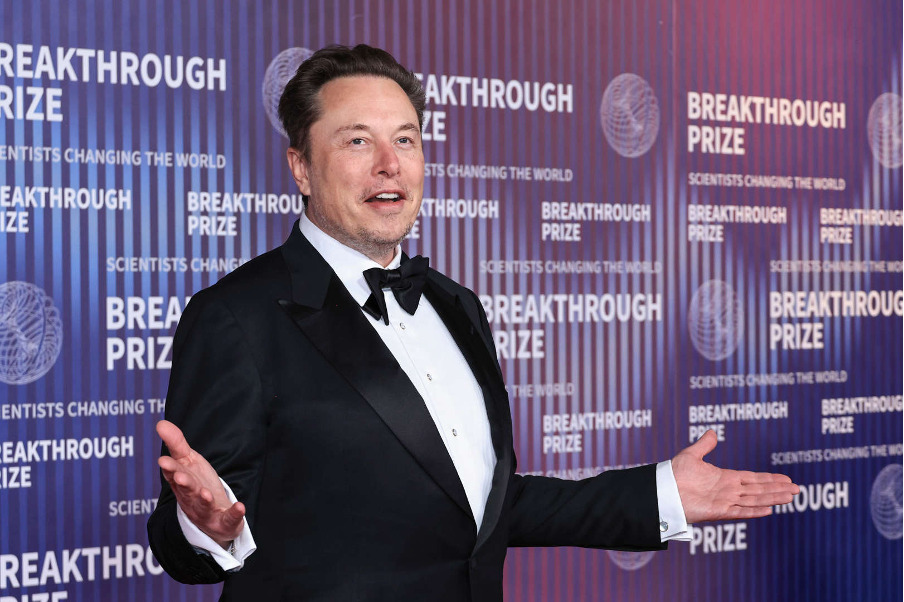
On the other hand, critics of Musk’s statement viewed it as a direct attack on the LGBTQ+ community, and specifically on the younger generation’s right to express their identity. Activists and LGBTQ+ advocates quickly condemned Musk’s remark, pointing out the importance of fostering inclusivity and acceptance in schools. The pride flag, they argued, serves as a symbol of support for marginalized communities, offering students a sense of belonging and safety.
